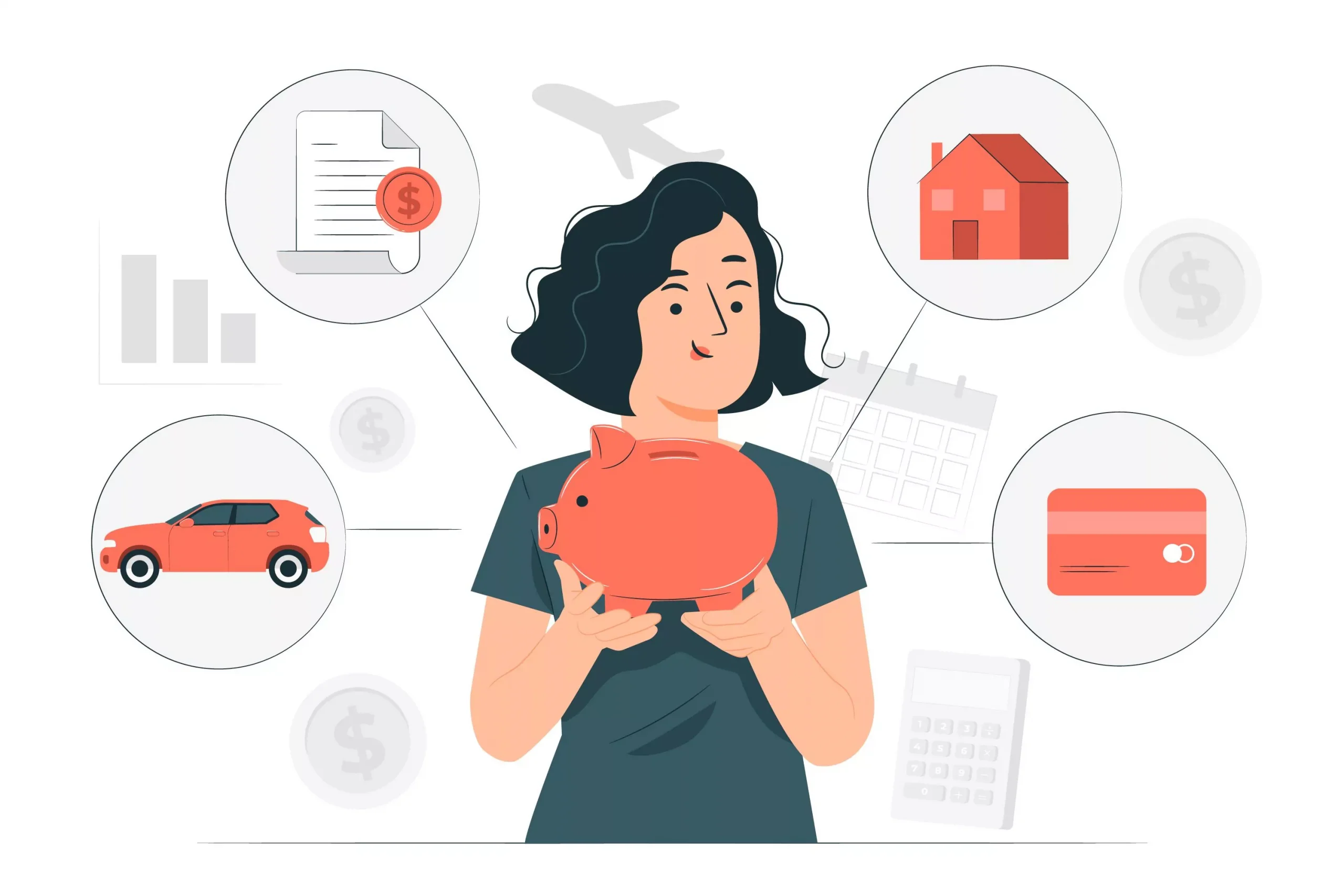A personal loan allows you to borrow a specific amount of money to pay for something. You then have to repay the money plus interest over an agreed timeframe, known as a term.
Personal loans can typically be used for some important life events and other big expenses, such as buying a car, debt consolidation, holidays, home renovations and weddings. It’s worth checking with the specific provider for details of what you may or may not be able to take out a personal loan for.
Personal loans can come with a fixed or variable interest rate and you can also choose to take out a secured or unsecured loan. The interest rate that you receive may be influenced by your personal circumstances, including your credit score.


